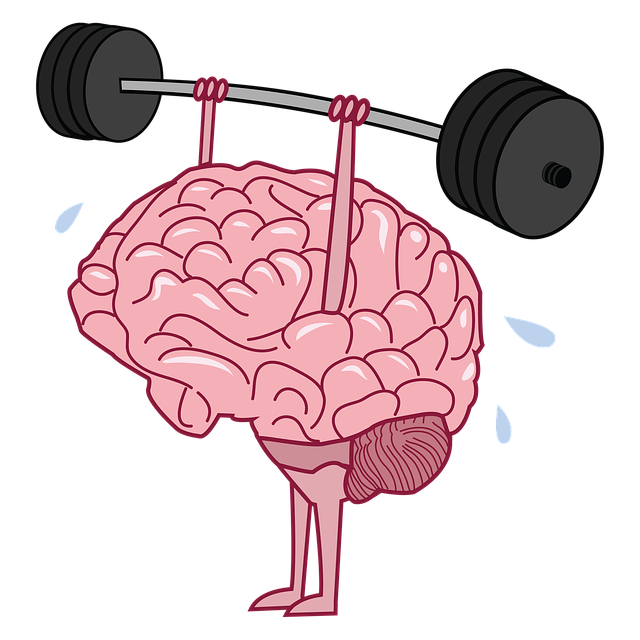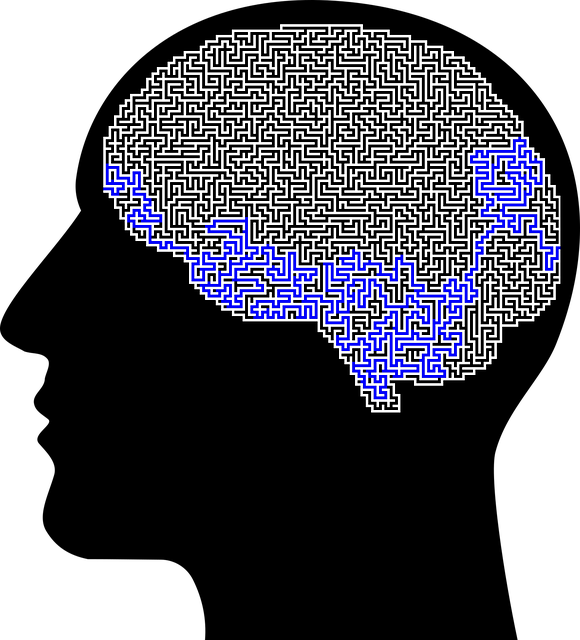Mental Wellness Self-Assessment tools, inspired by the Denver Chronic Pain Therapy model, offer a holistic approach to evaluating and managing mental health, addressing physical and psychological symptoms. These tools, balanced between simplicity and depth, use evidence-based practices like CBT and mindfulness to capture emotional states, stress levels, and coping mechanisms. By incorporating user feedback and staying aligned with Mental Health Policy goals, these assessments continuously improve, providing tailored interventions for diverse mental health concerns, including chronic pain management.
Mental wellness self-assessment tools are crucial for identifying and addressing psychological and physical symptoms. This article explores the development of such tools, drawing insights from the Denver Chronic Pain Therapy Approach. We’ll delve into key assessment areas, effective tool design, evidence-based practices, continuous improvement strategies, and personalized care planning. By leveraging these methods, mental health professionals can enhance patient outcomes, just as the Denver Chronic Pain Therapy model has revolutionized chronic pain management.
- Understanding Mental Wellness Self-Assessment: The Denver Chronic Pain Therapy Approach
- Identifying Key Areas for Assessment: Physical vs. Psychological Symptoms
- Designing Effective Tools: From Surveys to Digital Platforms
- Incorporating Evidence-Based Practices: Ensuring Accurate Results
- Continuous Improvement and Personalized Care Plans
Understanding Mental Wellness Self-Assessment: The Denver Chronic Pain Therapy Approach

Mental Wellness Self-Assessment tools play a pivotal role in individual’s journey towards understanding and managing their mental health. One notable approach, inspired by the Denver Chronic Pain Therapy, emphasizes holistic evaluation and personalized care. This therapy model recognizes that chronic pain isn’t solely physical; it intricately weaves into one’s emotional and psychological fabric.
By adopting this approach, self-assessment tools move beyond traditional symptom tracking to incorporate compassion cultivation practices, thereby fostering a sense of self-care and reducing the impact of mental illness stigma. These assessments might include questions tailored to mood management, stress response, and coping mechanisms, ensuring individuals receive comprehensive support. The Denver Chronic Pain Therapy Approach encourages a nurturing environment, where individuals can explore their experiences without judgment, ultimately empowering them in their quest for improved mental wellness.
Identifying Key Areas for Assessment: Physical vs. Psychological Symptoms

When developing a mental wellness self-assessment tool, it’s crucial to identify key areas that encompass both physical and psychological symptoms. While many existing assessments focus heavily on one or the other, a comprehensive tool should strike a balance between evaluating the mind and the body. This duality is essential because chronic pain, for instance, often co-occurs with mental health issues like anxiety and depression. For instance, individuals seeking Denver Chronic Pain Therapy may also require support for anxiety relief through social skills training and exercises that apply Mind Over Matter principles.
Assessing physical symptoms can reveal underlying medical conditions or the impact of chronic pain on an individual’s overall well-being. Psychological symptoms, on the other hand, shed light on emotional states, thought patterns, and behaviors that may be indicators of mental health challenges. Integrating questions that explore both realms allows for a more holistic understanding of an individual’s needs, enabling tailored interventions and treatment plans, whether it’s for managing pain or addressing anxiety relief and social skills development.
Designing Effective Tools: From Surveys to Digital Platforms

In developing effective mental wellness self-assessment tools, it’s crucial to balance simplicity with depth. Traditional surveys while useful, often lack the interactive elements and nuanced feedback mechanisms that modern technology offers. Digital platforms, leveraging AI and adaptive algorithms, can provide personalized profiles tailored to individual needs, making them ideal for assessing a wide range of mental health concerns including chronic pain and stress management in Denver Chronic Pain Therapy settings.
These advanced tools not only streamline risk management planning for mental health professionals but also empower individuals through self-care practices and stress reduction methods. By offering instant feedback loops and interactive modules, they encourage users to actively engage with their mental wellness, fostering proactive rather than reactive healthcare approaches.
Incorporating Evidence-Based Practices: Ensuring Accurate Results

Incorporating evidence-based practices is paramount when developing self-assessment tools for mental wellness. By drawing from established therapeutic approaches like Denver Chronic Pain Therapy, which emphasizes both physical and psychological aspects of pain management, we can ensure that self-assessments are accurate and beneficial. This involves integrating strategies such as cognitive-behavioral therapy (CBT), mindfulness meditation, and emotional intelligence training into the assessment framework. These practices have been proven effective in improving mental health outcomes, making them ideal components for comprehensive self-assessment tools.
For instance, Mental Health Policy Analysis and Advocacy has highlighted the significance of accessible and accurate mental wellness assessments. By incorporating these evidence-based methods, self-assessments can better capture individuals’ emotional states, stress levels, and coping mechanisms, leading to more precise evaluations. This, in turn, enables personalized interventions, whether through therapy, lifestyle changes, or other strategies, thereby enhancing the overall effectiveness of mental health support.
Continuous Improvement and Personalized Care Plans

In the realm of mental wellness self-assessment tools development, Continuous Improvement is paramount. As new research emerges and best practices evolve, it’s crucial to update assessment methods accordingly. This ensures that tools remain effective and relevant in addressing a diverse range of mental health concerns, including chronic pain management, as exemplified by Denver Chronic Pain Therapy initiatives. By integrating feedback from users, healthcare professionals, and staying abreast of the latest scientific findings, developers can enhance tool accuracy, usability, and accessibility. Personalized Care Plans benefit immensely from this dynamic approach, allowing for tailored interventions that cater to individual needs and preferences.
This ongoing refinement process also facilitates the alignment of mental wellness assessment tools with broader Mental Health Policy Analysis and Advocacy goals. By advocating for evidence-based practices, these tools can contribute to shaping effective public health strategies, ensuring better access to quality care, such as Trauma Support Services, for all individuals seeking mental wellness support. Through Continuous Improvement, personalized care becomes not just a concept but an achievable reality, fostering more inclusive and impactful mental wellness journeys.
Mental wellness self-assessment tools, such as those inspired by the Denver Chronic Pain Therapy Approach, are invaluable resources for individuals seeking to understand their psychological and physical well-being. By identifying key areas through comprehensive assessments, these tools enable personalized care plans that incorporate evidence-based practices. Continuous improvement in this domain ensures accurate results and fosters a holistic approach to mental wellness, ultimately enhancing the quality of life for those navigating challenges like chronic pain.










